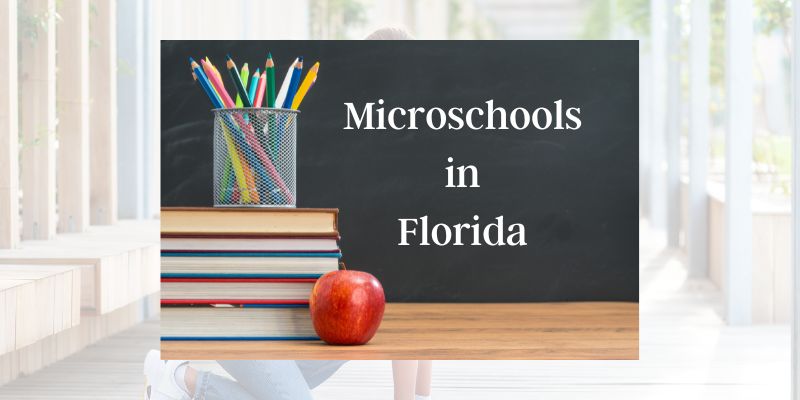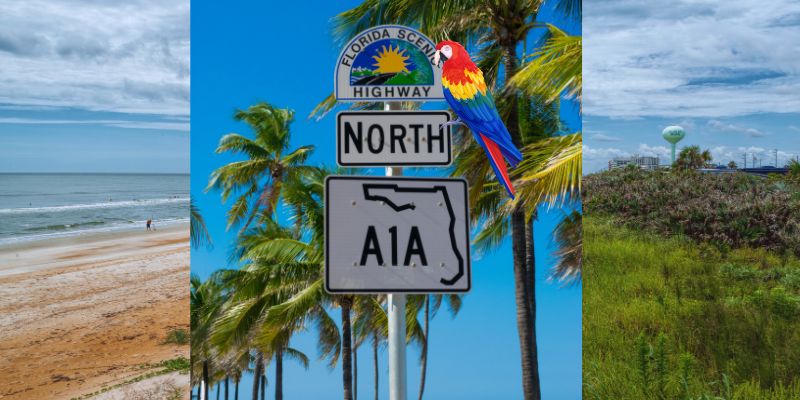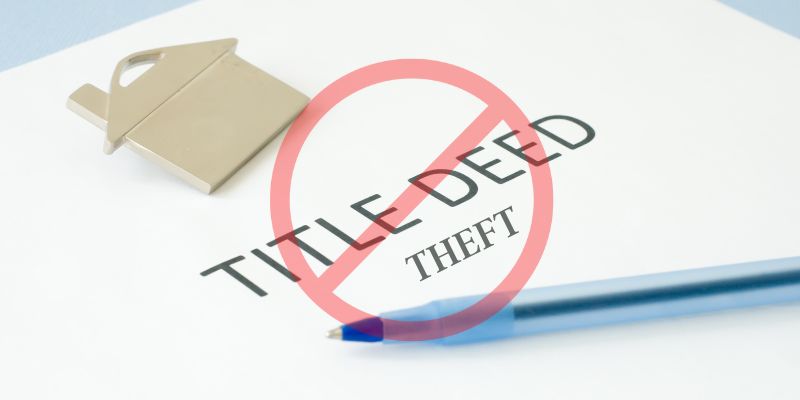
Microschools in Florida: Empowers Parents and Teachers
Palm Coast Local
Government
Florida Republicans, led by Gov. Ron DeSantis, are championing a new initiative to allow small private schools, or "microschools," to open in non-traditional spaces such as libraries, movie theaters, and churches. This move, backed by state lawmakers, is part of a comprehensive education law that took effect this month. The provision, which has garnered little attention, has the potential to serve as a model for other states aiming to broaden private school options for families.
First, What is a Microschool?
- Microschooling is essentially the modern revival of the one-room schoolhouse.
- A microschool is a small group of students who meet in person, set daily goals, and collaborate on activities and creative projects, all under the guidance of an adult mentor who is passionate about fostering a love for learning in children.
- While each microschool is unique, they can take various forms such as a mom-and-pop business, a homeschool co-op, a charter school, or more. They can have a dedicated home base or be location-independent.
- Despite these differences, the common thread is that microschools offer personalized learning for students in a safe and friendly environment.
The recent legislation, which relaxed zoning rules and land-use restrictions, marks another significant move by the Florida GOP to promote school choice. This comes after the state, already recognized as a national leader, made it possible for all students to receive scholarships for private schools and other educational options, regardless of income.
Microschool advocates hope this change will help realize the ambitious goal of establishing thousands of microschools in Florida, the country’s third-largest state, and eventually across the nation.
"This is the silent friction point that has existed for years that no one could figure out how to solve," said Ryan Delk, CEO and founder of Primer, a microschooling company with 23 schools in Florida and Arizona that supported the law.
Florida's policy change might seem minor at first glance; it allows private schools to use existing spaces like movie theaters and churches without needing approval from local governments.
However, this shift could have a dramatic impact. By granting these private schools access to thousands of buildings, it paves the way for new educational options to emerge without the burden of potentially high rezoning costs, therby possibly reducing large schools being built. As it's private, the parents assume a more responsibility role with providing student transportation.
Florida is one of the few states, along with Utah, to ease restrictions for private schools by passing a law that paves the way for more microschools. While opponents worry this move diminishes local community control, it empowers parents and teachers with more educational choices for their children. Microschools must still be approved and adhere to state education standards.
The only thing we know for certain is: Florida’s new legislation will undoubtedly redefine how and where teaching and learning occur–and both traditional and nontraditional education communities in the Sunshine State will face unique challenges and opportunities as a result.
Learn more about Florida Microschools by visting Microschoolflorida.com Here
Join Florida Miscro School Private Facebook Group Here for Parents and Teachers
{ampz:share-now}
Are you for, against or willing to see how this might work out? Are you a teacher? What is your opinion on microschools in Florida?








